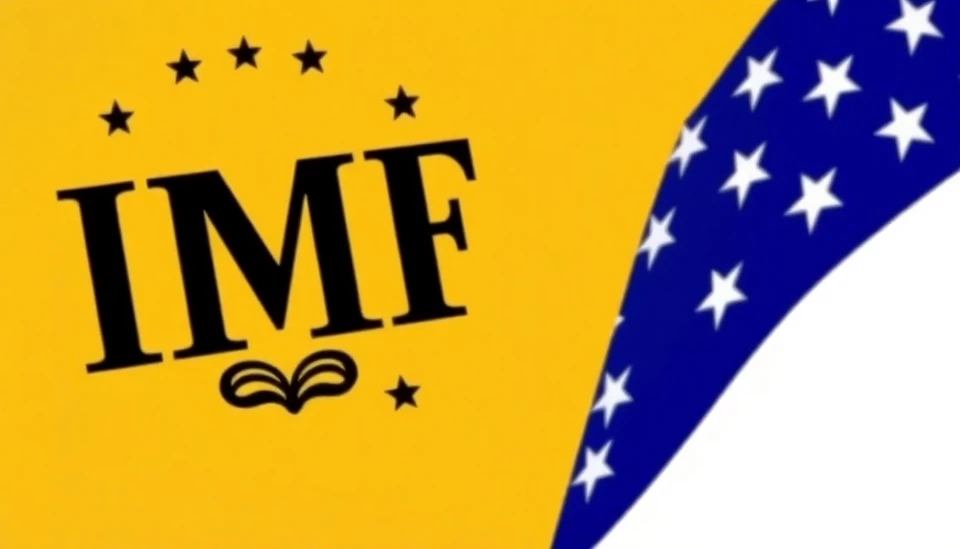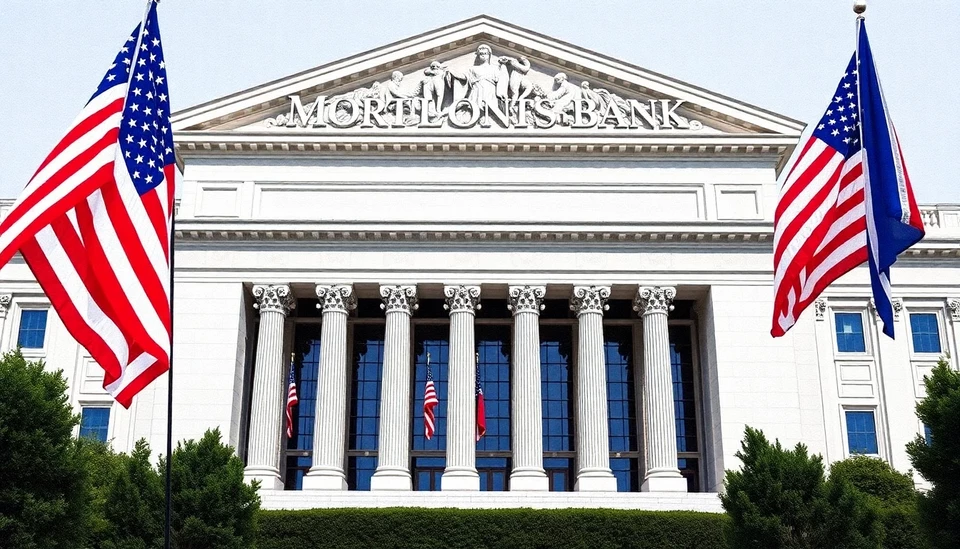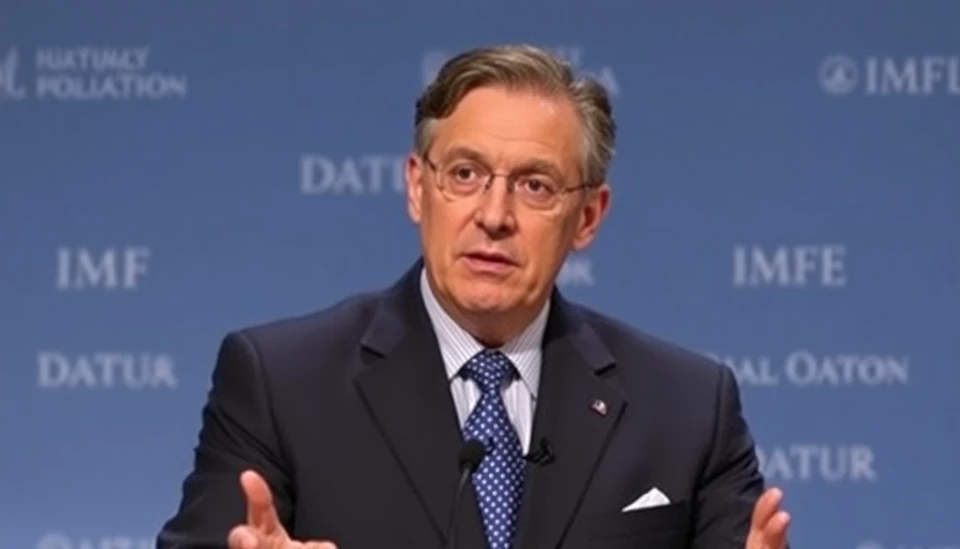
The International Monetary Fund (IMF) has issued a stark warning regarding the ongoing trade war initiated by former President Donald Trump, emphasizing that the escalating tensions are undermining the foundational structures of the global financial system. This assessment highlights the urgency of the situation as trade disputes not only affect economic relations between the United States and other nations but also pose a potential threat to international market stability.
According to the IMF's latest report, the trade war, characterized by heightened tariffs and retaliatory measures, is creating a ripple effect across global markets. The organization noted that the uncertainty surrounding trade policy has significantly hampered business investment and consumer confidence, leading to slower growth rates in various economies. The IMF attributed this slowdown, in part, to the confrontational stance taken by the U.S., which has thus far resulted in countermeasures from trading partners worldwide.
IMF officials have called for immediate action to de-escalate tensions, advocating for negotiations aimed at resolving trade disputes more amicably. They fear that if the current trajectory continues, the impact could extend beyond just the immediate economies involved, potentially destabilizing financial markets and affecting developing nations with less capacity to absorb such shocks.
The IMF's warning underscores a critical shift in global economic dynamics, where nations are no longer merely responding to trade policies but are also considering broader ramifications on their financial systems. Analysts are particularly concerned about the potential for a global recession if trade wars persist, as companies may choose to hoard cash rather than invest in expansion due to uncertainty about their market conditions.
Moreover, the IMF has pointed out that a prolonged trade war could exacerbate existing vulnerabilities in the global economic system, including currency instability and shifts in capital flows that may lead to financial crises in more vulnerable economies. Such conditions could prompt a wave of protectionism, further isolating nations and complicating efforts to stabilize the global market.
The call to action aligns with ongoing discussions among G20 nations about the importance of fostering a cooperative approach to trade policies that prioritize dialogue over conflict. The IMF stressed that policymakers must recognize the interconnected nature of the global economy and work together to build a framework that promotes stability, growth, and mutual benefit.
As the world keeps an eye on the developments stemming from the U.S. trade policies, the IMF’s cautions serve as a reminder of the potential long-term consequences of current actions. Stakeholders from various sectors are urged to remain vigilant and advocate for solutions that prioritize constructive engagement rather than continued discord.
In conclusion, the IMF's latest insights act as a clarion call for policymakers to take a step back from the brink of divisive trade strategies and instead invest in cooperative solutions that will foster sustained economic growth and stability across nations.
#IMF #TradeWar #GlobalEconomy #FinancialStability #USInnovation #EconomicGrowth #InternationalRelations
Author: Laura Mitchell




